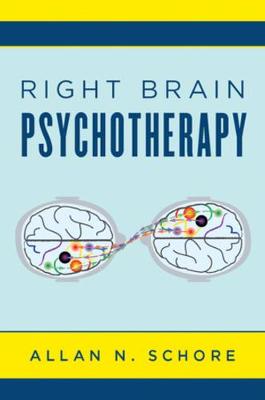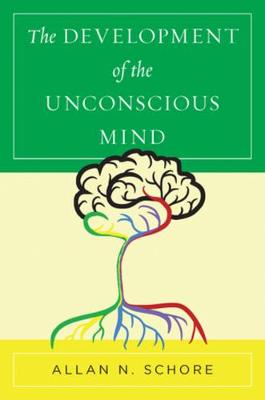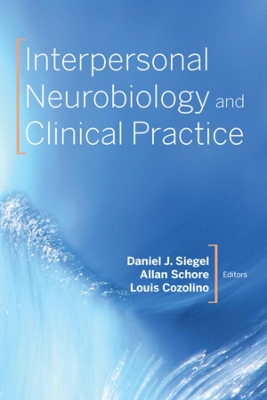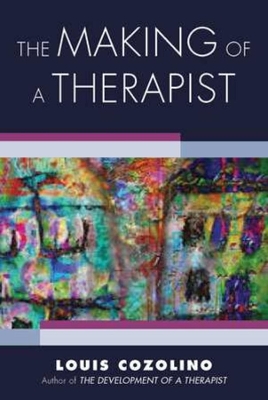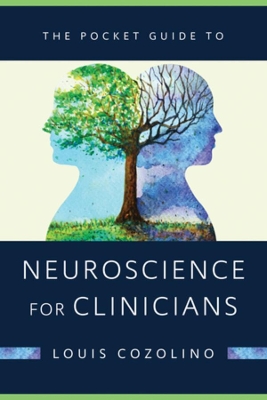Norton Series on Interpersonal Neurobiology
3 primary works • 5 total works
Book 0
Book 0
Book 0
Interpersonal Neurobiology and Clinical Practice
by Daniel J Siegel, Allan N. Schore, and Louis Cozolino
Books in the Norton Series on Interpersonal Neurobiology have collectively sold close to one million copies and contributed to a revolution in cutting-edge mental health care. An interpersonal neurobiology of human development enables us to understand that the structure and function of the mind and brain are shaped by experiences; especially those involving emotional relationships.
Here, the three series editors have enlisted some of the most widely read IPNB authors to reflect on the impact of IPNB on their clinical practice and offer words of wisdom to the hundreds of thousands of IPNB-informed clinicians around the world. Topics include: Dan Hill on dysregulation and impaired states of consciousness; Deb Dana on the polyvagal perspective; Bonnie Badenoch on therapeutic presence and Kathy Steele on motivational systems in complex trauma.
Book 0
Veteran therapist and mental health writer Louis Cozolino’s classic text contains all of the things he wished someone had told him during the first weeks and months of his clinical training. Now available in paperback, the book includes guidance about working with your clients, such as how to cope with silence, handle their direct questions, and get them to talk less and say more. It also focuses on the inner experience of becoming a therapist and ways of thinking and feeling while sitting across from clients. It speaks honestly about not having all the answers, and shuttling up and down between your head and your heart as struggling clients sit before you. It balances the process of developing therapeutic skills while also taking an inner journey—to becoming the professional, and person, you hope to be. With a new introduction to the paperback edition, this book remains an essential clinical reference.
A Test Bank is available for professors using the book as a course text.
Book 0
Louis Cozolino helps clinicians to broaden their thinking and deepen their clinical toolbox through an understanding of neuroscience, brain development, epigenetics and the role of attachment in brain development and behaviour.
The effective therapist must have knowledge of evolution and neuroanatomy, as well as the systems of our brains and how they work together to give rise to who we are, how we thrive and why we suffer. This book will give clinicians all they need to understand the social brain, the developing brain, the executive brain, consciousness, attachment, trauma, memory and the latest information about clinical assessment. Key figures and terms of neuroscience, along with numerous case examples, bring the material to life.
Cozolino is one of the most gifted clinical writers on neuroscience and his long- awaited pocket guide is a must-buy for any clinician working on the cutting edge of treatment.
